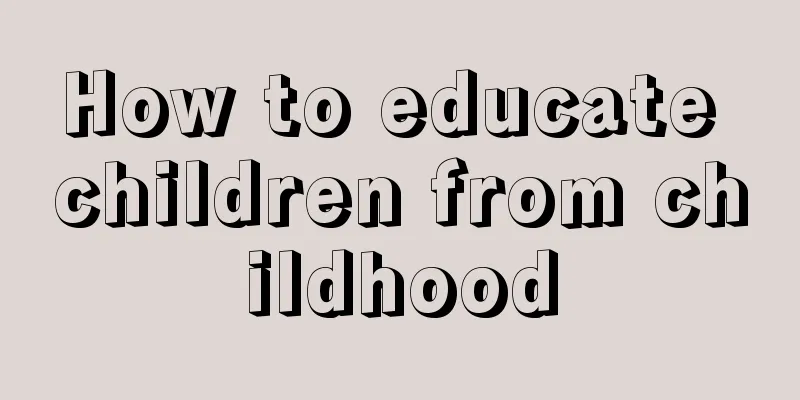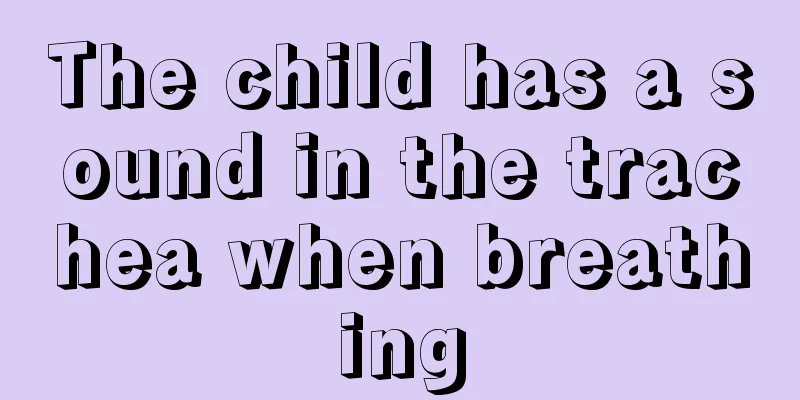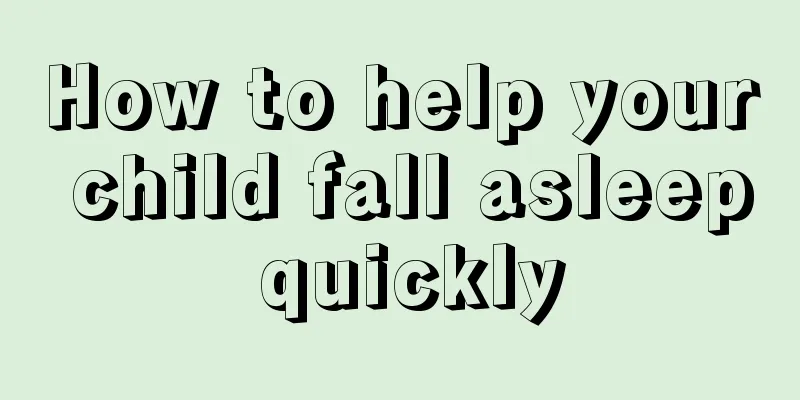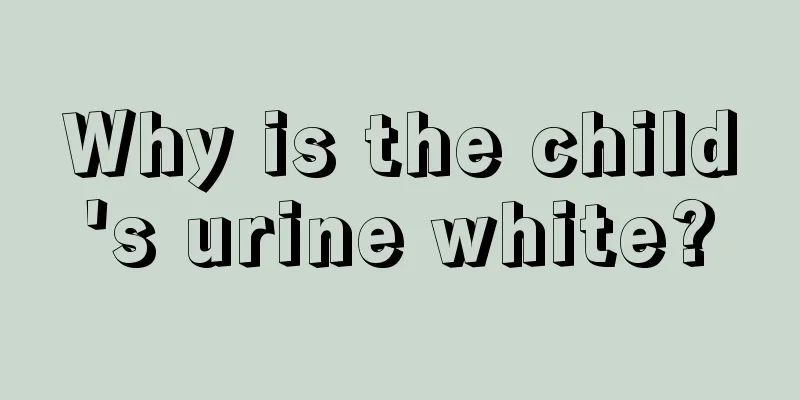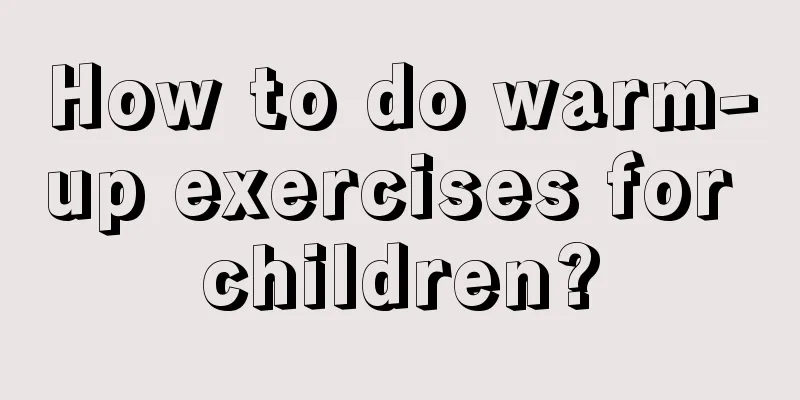What causes sinusitis and cough in children?
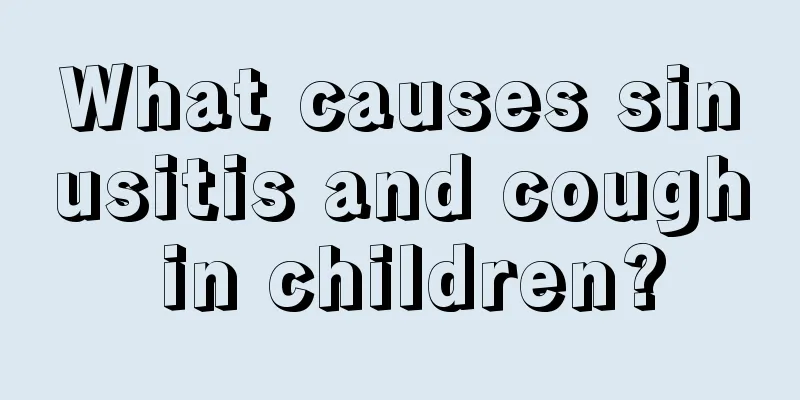
|
With the arrival of the season change, the number of children visiting the hospital for treatment has increased significantly. Among them, the majority of children have colds, fevers and coughs. In life, many parents think that their children’s long-term cough is caused by a cold. After going to the hospital for treatment, they find that it is sinusitis that is the culprit. The incidence of sinusitis in children is much higher than that in adults because their sinuses are not fully developed and their sinus mucosa is tender and weak. In addition, children have low immune function, are more sensitive to allergies than adults, and have poor adaptability to the outside world. In addition, because young children cannot wipe their noses and find it difficult to accurately describe their condition, their clinical manifestations of sinusitis are atypical, making them easily missed or misdiagnosed. In recent years, many pediatric experts have found that sinusitis in children has become the second largest cause of chronic cough in children, which should be taken seriously. When children suffer from sinusitis, the harm is far more serious than that of adults. The mechanical blockage of the swollen nasal mucosa often causes children to breathe through their mouths, resulting in a proliferative face and sinus and maxillofacial dysplasia; hypoxia leads to headaches, memory loss, abnormal behavior and intellectual development, seriously affecting the physical and mental health of children. However, parents do not need to be too nervous. Sinusitis in children can be prevented. Parents should pay attention to enhancing children's physical resistance, avoid catching cold, and avoid contact with patients with colds; pay attention to the supply of food containing vitamin A and vitamin C to enhance mucosal immunity; let children play in a fresh air environment and do appropriate physical exercise; in addition, educate children not to put foreign objects into the nose and breathe through the nose. If parents find that their children have the following conditions, they should go to the hospital to see a pediatrician or otolaryngologist for diagnosis and treatment in time: 1. Frequent runny nose, especially yellow-green purulent discharge; 2. There is a large amount of purulent secretions in the sputum or is accompanied by nausea, vomiting or loss of appetite; 3. Frequent sinus, nose bleeding or nasal congestion; 4. Repeated "colds" of unknown cause; 5. Sore throat and enlarged tonsils; 6. Headache, dizziness, fatigue, laziness; 7. Tenderness on the cheek near the nose; 8. Chronic cough and sputum; 9. Frequent asthma and poor response to medication. As long as parents seek medical attention in a timely manner when their children show the above symptoms, they can reduce the patient's pain and the occurrence of complications. |
<<: What should I do if my child has a fractured clavicle? These methods to cope
>>: What causes babies to sleep less?
Recommend
Does hernia hurt when a child has it?
Some parents will suddenly find that their child&...
What is the reason for frequent teeth grinding?
Children are particularly prone to teeth grinding...
Is it calcium deficiency that causes the baby's late teething?
There are many factors that affect whether a baby...
What is the treatment for febrile seizures in children?
Febrile convulsion is a common disease among chil...
Urine routine examination in children
Not only adults need to do routine urine tests, b...
Prevention and treatment of hernia in children
Pediatric hernia can actually affect the healthy ...
Do newborns sleep on mats in summer?
The weather in summer is relatively hot, which ca...
What is the treatment for congenital vascular malformations in children?
Nowadays, people pay attention to eugenics and go...
What to do if a one-month-old baby is restless while sleeping
Normally, babies will feel restless when they are...
How many months does the baby grow milk teeth
When babies reach a certain stage of development,...
Why are my baby's lips red?
Taking good care of the baby and providing the ba...
Can children eat mulberry paste?
Parents need to pay special attention to their ch...
What are the benefits of swimming for children?
Swimming is a very familiar sport, especially in ...
Children's gastrointestinal conditioning, these bad habits must be abandoned
Compared with adults, children's gastrointest...
How to deal with children's throat choking
Children's throats are very fragile. If they ...


